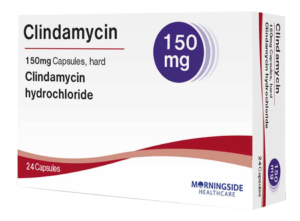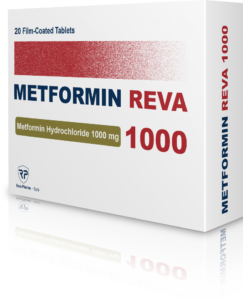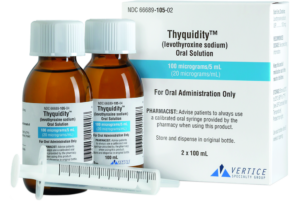Clindamycin
Clindamycin Uses
Clindamycin is used to treat serious infections caused by bacteria including osteomyelitis or joint infections, pelvic inflammatory disease, strep throat, pneumonia, acute otitis media, and endocarditis. Clindamycin may also be used for purposes not listed in this medication guide. Clindamycin belongs to a class of medications known as lincomycin antibiotics, or lincosamides.
Generic name: Clindamycin
Brand names: Clindesse, Cleocin Phosphate, Cleocin Pediatric, Cleocin Phosphate, Cleocin Phosphate ADD-Vantage, ClindaMax Vaginal, Cleocin HCl.
Clindamycin Dosage
Usual Bacterial Infection Dose for Adults
Oral Dose
Serious infection: 150 to 300 mg orally every 6 hours
More severe infection: 300 to 450 mg orally every 6 hours
Parenteral Dose
Serious infection: 600 to 1,200 mg, in 2 to 4 equally divided doses
Severe infection: 1,200 to 2,700 mg, in 2 to 4 equally divided doses
More severe infection: Up to 4,800 mg
Usual Bacterial Infection Dose for Pediatric
Oral Dose
If Body weight is 10 kg or less:
Minimum recommended dose: 37.5 mg orally three times a day
If Body weight is 11 kg or more:
Serious infection: 8 to 12 mg/kg orally per day, in 3 to 4 equally divided doses
Severe infection: 13 to 16 mg/kg orally per day, in 3 to 4 equally divided doses
More severe infection: 17 to 25 mg/kg orally per day, in 3 to 4 equally divided doses
Parenteral Dose
Up to 1 month of age: 15 to 20 mg/kg in 3 to 4 equally divided doses.
1 month to 16 years:
Body weight dosing: 20 to 40 mg/kg, in 3 to 4 equally divided doses. The higher doses would be used for more severe infections
Body surface area dosing:
Serious infection: 350 mg/m2
Severe infection: 450 mg/m2
Clindamycin Side Effects
You should not use this medicine if you are allergic to clindamycin or lincomycin. Clindamycin can cause diarrhea, which may be severe or lead to serious, life-threatening intestinal problems. If you have diarrhea that is watery or bloody, do not take Clindamycin and contact your doctor. Before using clindamycin, tell your doctor if you have kidney disease, liver disease, an intestinal disorder such as a history of asthma, eczema, colitis or Crohn’s disease, or allergic skin.
Common clindamycin side effects may include:
- Nausea, vomiting, stomach pain.
- Nild skin rash.
- Naginal itching or discharge.
Contact Your doctor immediately if you have:
- Severe stomach pain, diarrhea that is watery or bloody.
- Little or no urination.
- Any change in bowel habits.
- A metallic taste in your mouth (after clindamycin injection).
Disclaimer
Medarchive.us does not assume any responsibility for any aspect of healthcare administered with the aid of materials provided. The information contained herein is not intended to cover all possible uses, directions, precautions, warnings, drug interactions, allergic reactions, or adverse effects. The information provided on our Web or Videos does not endorse drugs, diagnose patients, or recommend therapy. If you have questions about the medication you are taking or want to start as treatment, check with your doctor or medical health care provider.








